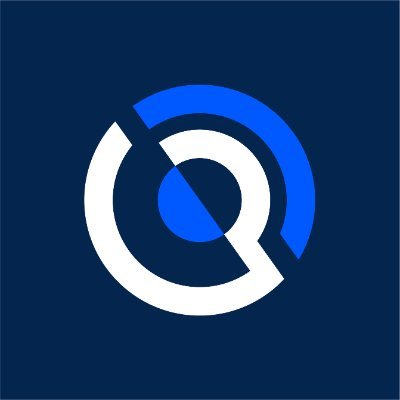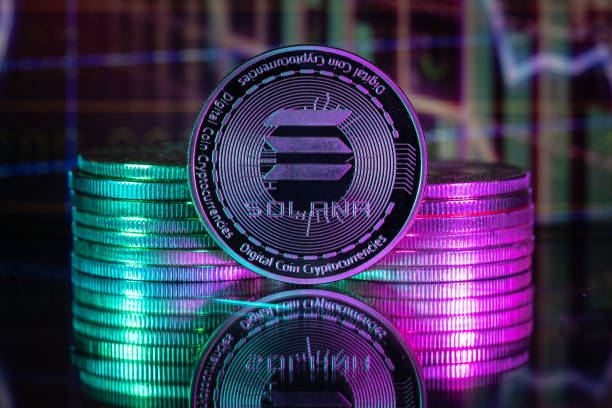Vitalik Buterin diz que os mercados de previsão e o financiamento da informação podem transformar os DAOs

O cofundador Ethereum Vitalik Buterin, acredita que as fontes de informação orientadas para as finanças podem transformar outros setores, como as redes sociais, a revisão científica e a governação descentralizada. Em uma postagem recente no blog, Buterin explicou que a IA ou LLMs poderiam expandir os meios de financiamento de informações, melhorando sua precisão e transparência.
O artigo de Vitalik Buterin descreve vividamente como o financiamento da informação e os mercados de previsão desempenham um papel importante no mundo em evolução de hoje. O magnata da criptografia destacou o papel da Polymarket como um meio de financiamento de informações nas eleições recém-concluídas nos EUA.
De acordo com Buterin, a Polymarket forneceu informações em tempo real sobre as eleições e, simultaneamente, forneceu uma plataforma de apostas para os apostadores preverem quem venceria as eleições dent dos EUA.
Os dados da Polymarket provaram ser mais precisos do que os dados de outras fontes. O site previu uma chance de 60/40 de Donald Trump vencer as eleições, enquanto outras fontes mantiveram uma impressão de disputa acirrada com uma chance de 50/50 entre os dois candidatos.
Buterin acredita que o setor de financiamento da informação poderia beneficiar os DAOs
Dos mercados de previsão ao financiamento da informação: https://t.co/Os5I1vocNn
— vitalik.eth (@VitalikButerin) 9 de novembro de 2024
In the article, Buterin mentioned that information finance was a new and emerging field focused on prediction markets and information provision. He also detailed that the sector could face massive disruptions with advanced large language models (LLMs) and artificial intelligence (AI).
Buterin highlighted that prediction markets are part of info finance, which allows users to place bets based on which post they believe is true or false. The sector boosts credibility in dispelling information and identifies and flags falsehoods. Buterin mentioned in the article that info finance could serve as a useful tool in the decentralized finance arena on decentralized governance.
According to Buterin, decentralized autonomous organizations (DAOs) could capitalize on prediction markets to foster development in the respective ecosystem. The article emphasized that DAOs face the major challenge of having many decisions, and most members are unwilling to participate.
The challenge has led to the need for widespread delegation that sparks centralization concerns and principal-agent failures in representative democracy. According to Buterin, a DAO that incorporates could be the solution DAOs with limited voting activities are looking for.
“A DAO where actual votes only happen very rarely, and most things are decided by prediction markets with some combination of humans and AI predicting the votes, could work well.”
Vitalik Buterin recounts other info finance use cases
Vitalik also recounted other use cases of info finance, such as ‘proto-info finance’, which is a genre of personal tokens such as BitClout and friend.tech. Vitalik Buterin thinks info finance can develop improved versions of these projects to provide solutions to important challenges such as talent sourcing.
According to Buterin, info finance and market prediction could be incorporated in science peer review to recheck findings from previous studies.
In other news, the crypto pioneer proposed reducing the Ethereum validator threshold to 1 ETH from 32 ETH to allow solo staking. Buterin argued that a high validator staking amount is a barrier to entry for small participants and solo stakers willing to validate the network but cannot afford 32 ETH.







